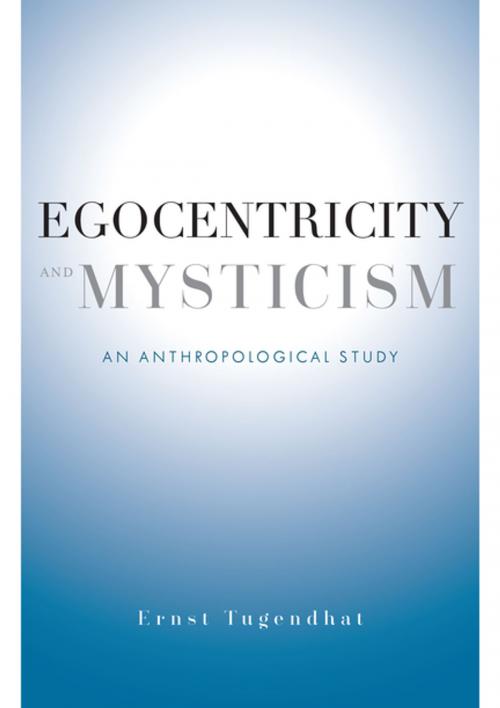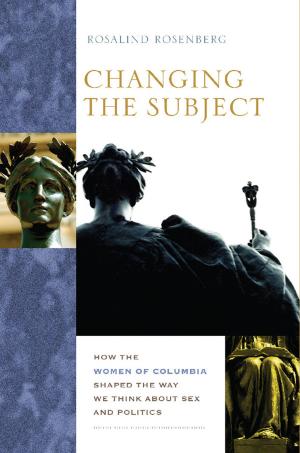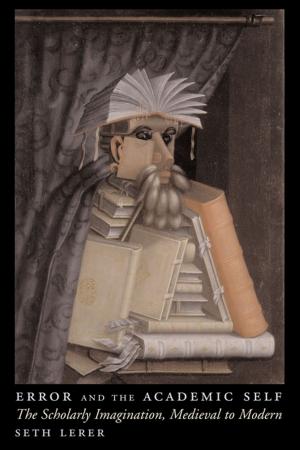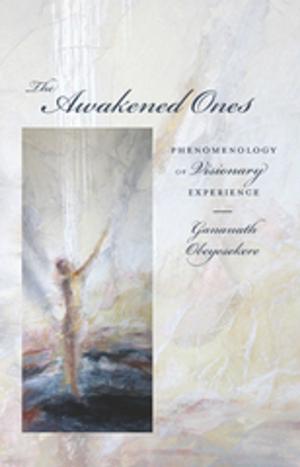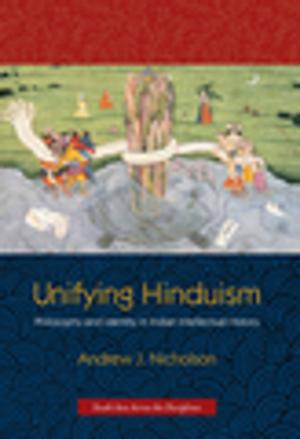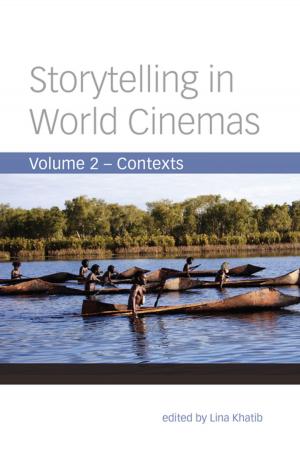Egocentricity and Mysticism
An Anthropological Study
Nonfiction, Religion & Spirituality, Philosophy, Phenomenology, Existentialism, Inspiration & Meditation, Mysticism| Author: | Ernst Tugendhat | ISBN: | 9780231542937 |
| Publisher: | Columbia University Press | Publication: | October 4, 2016 |
| Imprint: | Columbia University Press | Language: | English |
| Author: | Ernst Tugendhat |
| ISBN: | 9780231542937 |
| Publisher: | Columbia University Press |
| Publication: | October 4, 2016 |
| Imprint: | Columbia University Press |
| Language: | English |
In Egocentricity and Mysticism, Ernst Tugendhat casts mysticism as an innate facet of what it means to be human—a response to an existential need for peace of mind. This need is created by our discursive practices, which serve to differentiate us from one another and privilege our respective first-person standpoints. Emphasizing the first person fuels a desire for mysticism, which builds knowledge of what binds us together and connects us to the world.
Any intellectual pursuit that prompts us to "step back" from our egocentric concerns harbors a mystic kernel that manifests as a sense of awe, wonder, and gratitude. Philosophy, the natural sciences, and mathematics all engender forms of mystical experience as profound as any produced by meditation and asceticism. One of the most widely discussed books by a German philosopher in decades, Egocentricity and Mysticism is a philosophical milestone that clarifies in groundbreaking ways our relationship to language, social interaction, and mortality.
In Egocentricity and Mysticism, Ernst Tugendhat casts mysticism as an innate facet of what it means to be human—a response to an existential need for peace of mind. This need is created by our discursive practices, which serve to differentiate us from one another and privilege our respective first-person standpoints. Emphasizing the first person fuels a desire for mysticism, which builds knowledge of what binds us together and connects us to the world.
Any intellectual pursuit that prompts us to "step back" from our egocentric concerns harbors a mystic kernel that manifests as a sense of awe, wonder, and gratitude. Philosophy, the natural sciences, and mathematics all engender forms of mystical experience as profound as any produced by meditation and asceticism. One of the most widely discussed books by a German philosopher in decades, Egocentricity and Mysticism is a philosophical milestone that clarifies in groundbreaking ways our relationship to language, social interaction, and mortality.
